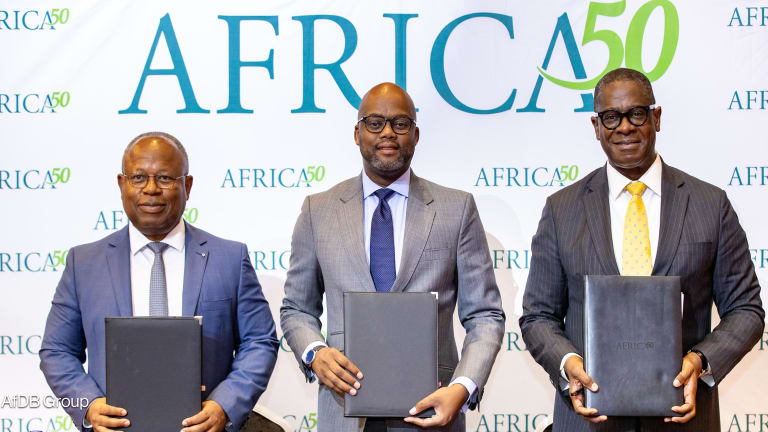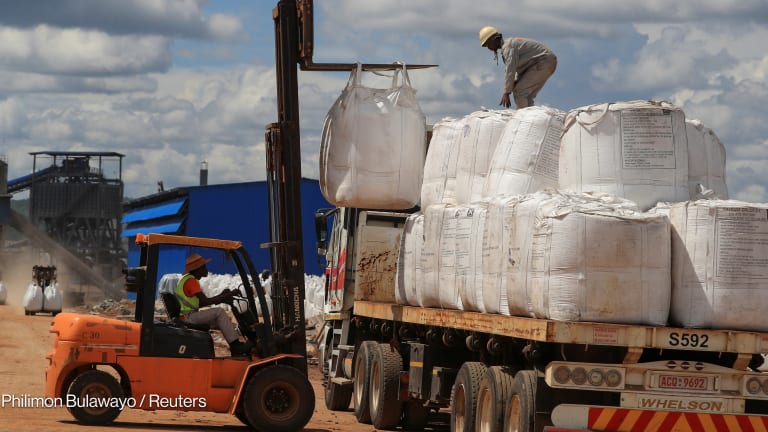Africa’s frontier markets are on many an investor’s horizon, but no one is going to hand investors a straightforward road map for making impactful investments on the African continent. Nevertheless, there are certain ways to be prepared for a first investment in Africa. Over the course of my decade of experience in African business, I’ve developed three key insights on how to get involved in Africa’s investment boom.
1. Select a market carefully, and stick to it
There’s no shortage of discussion about the risks of investing in Africa, but one important part of that conversation that often remains undiscussed regards the risk of time. Prior to investing in Africa, an investor must decide whether or not it’s possible to devote the necessary amount of time to establishing their business in an African market.
The lengthy amount of time required is rooted in the fact entry in Africa is harder, especially since “entering Africa” as a monolithic market isn’t really possible at all. With each country coming with its own government ministers and agencies, its own private sector players, and its own economic trends, an investor with a pan-African vision is going to struggle to avoid running aground.
Instead of “doing Africa,” a business should choose a key market that it wants to become involved in and go deeply into that market. That level of involvement requires engagement with all players, both public and private. Your first deals will take a long time, but with commitment, the follow-on opportunities will fall into place more rapidly.
See more episodes of IGD’s video series:
● Dealing with corruption in Africa: A complex yet surprisingly simple answer
● Dark continent? How Africa's communications revolution is eroding bad press
After delving thoroughly into that first market, expansion to other African markets can be facilitated more easily. Forums hosted by organizations like the Initiative for Global Development that bring together business leaders from across Africa can serve as perfect opportunities to forge connections in new markets and position yourself for expansion.
2. Do your homework when forming partnerships
Concerns about corruption in Africa are legitimate, but the claim that it’s “impossible” to do business in Africa because of corruption is shortsighted. By going after the right projects and the right deals, you can insulate yourself from the negative impact of corruption.
In my experience in the power sector, I haven’t had to deal with corruption at all, but that’s no accident. As is the case anywhere, choosing the right partners is imperative in Africa. When I’m entering a new market in Africa, I insist upon approaching a number of players in that market. It’s a matter of talking about the market and its actors with embassies, the World Bank, multilateral organizations and government institutions. On the private sector side, it involves talking to the Chamber of Commerce or large organizations like McKinsey that already have a stake in the market.
And you don’t just talk to these organizations’ representatives about who can and cannot be trusted. Selecting a good partner also involves investigating who these organizations that are already established in the market have historically chosen as their advisers and technical consultants. Look at the history of those choices; that’s who you want to start working with.
3. Recognize and debunk misperceptions about you
Just as foreigners harbor plenty of misperceptions about doing business in Africa, a foreign investor working in Africa will also need to deal with preconceived notions from African partners. Some preconceived notions are difficult to counter: Perceptions of foreign businesses as being excessively bureaucratic or as moving exceptionally slowly are among those categorizations.
But other preconceived notions can, and should, be addressed. The ideas that foreign investors are only passingly interested in a given market — investors are only interested in Nigeria because it’s the current “popular” frontier market, for example — that foreign investors have no sense of the local market or that foreign investors are “scared” of the local political context can damage your partnerships.
Combating those myths about foreign investors involves, once again, commitment. Being located on the continent, and especially in the market you’re working with, shows that you are serious about doing business in Africa. Even the advantage of being in the same time zone helps to fortify mutual respect.
Likewise, there really is no substitute for experience, and once again, time is essential. Being in a given market for a long time is certain to help your case, and experience in other African markets eases dealings upon entry into a new market. Your goal is ultimately to prove that you’re not new to this.
When accompanied by a long-term vision, a carefully chosen market, strong partners and an understanding of African perspectives, a first investment in Africa promises to be especially effective.
Watch the second episode of IGD’s “Changing Perceptions” video series here. To learn more about the “Changing Perceptions through Digital Storytelling” project, click here.
Join the Devex community and access more in-depth analysis, breaking news and business advice — and a host of other services — on international development, humanitarian aid and global health.








